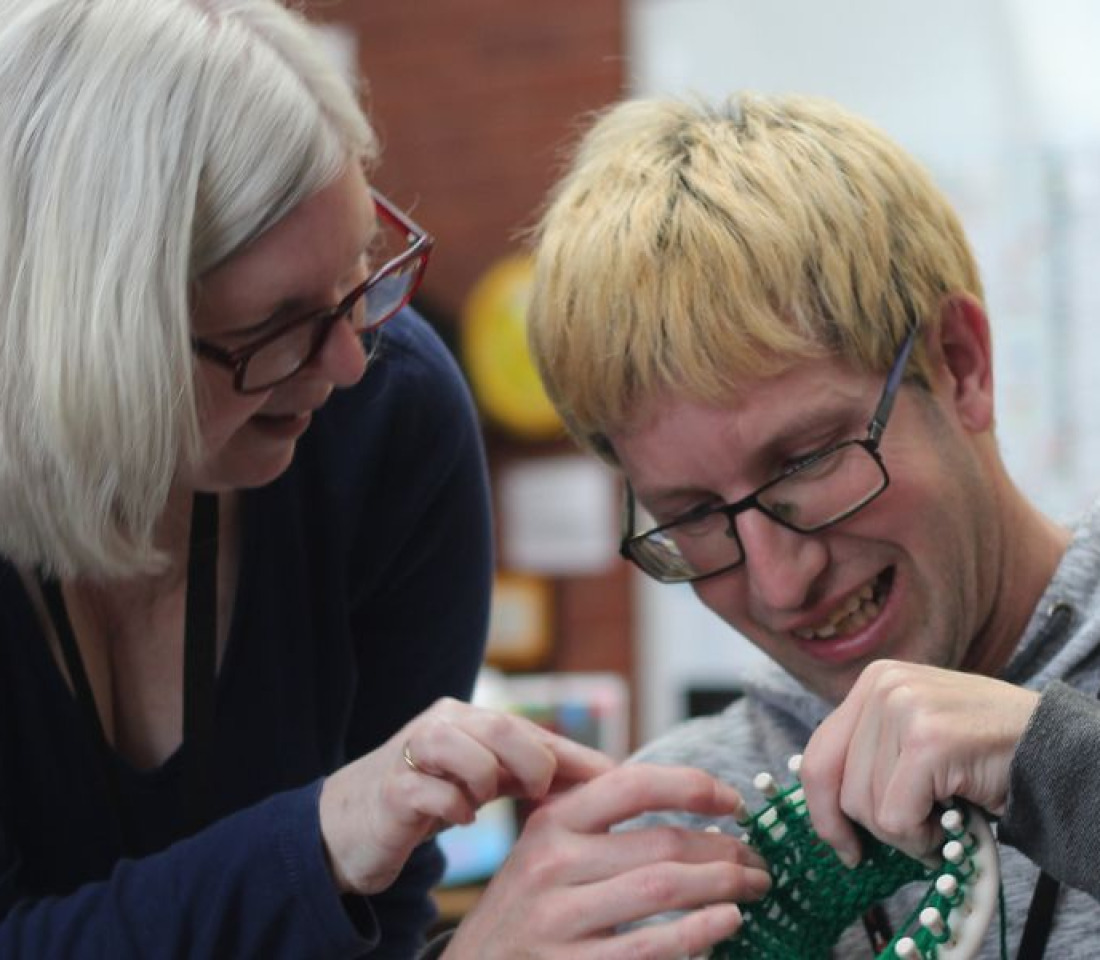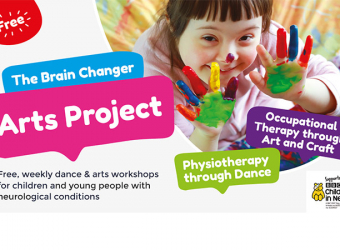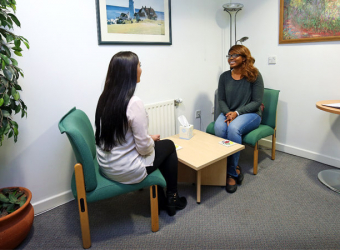What are foetal alcohol spectrum disorders?
Foetal alcohol spectrum disorders (FASDs) are a spectrum of disorders caused by drinking alcohol whilst pregnant. This happens when alcohol gets passed from the mother to the baby through the placenta.
FASDs affect multiple areas of a newborn and foetus’ development and appearance.
FASD is a lifelong condition and those living with it communicate and interact with the world differently.
What causes foetal alcohol spectrum disorders?
The only cause of FASDs is drinking alcohol whilst pregnant.
They happen when alcohol is passed through across the placenta and interferes with the developing child.
The amount and how often the woman drinks alcohol whilst pregnant will affect the severity of the disorder.
As a foetus cannot process alcohol like an adult can, the alcohol stays in their body for a longer amount of time causing damage.
There is no known safe level of alcohol consumption during pregnancy.
What are the symptoms of FASDs ?
Some symptoms are evident from birth, but some can continue showing as the child develops.
The best prognosis comes from early diagnosis and appropriate support. Assessment seeks to uncover both strengths and weaknesses.
The physical symptoms include:
- Difficulties with balance, hearing and movement
- Issues with kidneys, joints, bones, heart and other organs
- Characteristic facial features such as small and wide set eyes, a thin upper lip and a smoothed bridge between the nose and lips
- Small body and head
- Hormonal disorders
The effect on the brain can result in various challenges with:
- Memory
- Hyperactivity
- Sensory issues
- Emotional regulation
- Impulsivity
- Understanding cause and effect
- Self-esteem
- Epilepsy
- Thought processing
- Sleep/eating disorders
- Learning disorders
- Behavioural issues
- Problems with impulse control
- Reading social cues
- Issues with speech and communicating
- Issues with social skills
If undiagnosed secondary effects can impact on:
- Mental health
- Alcohol and drug addiction
- Involvement with the law
- Inappropriate sexual behaviour
- Employment
- Independent living
















